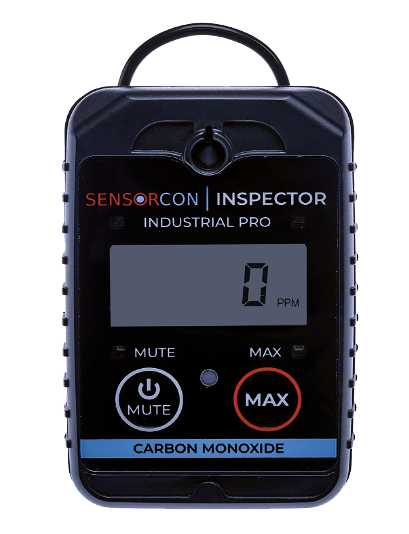Carbon Monoxide is a KillerContents of this Issue: Roatan Aggressor, Bay Islands, Honduras Stay Away from Those Propellers: The Most Dangerous Thing You Meet is a Boat Who Can Save Dying Reefs? Fish! Climate Change is Eliminating Florida's Male Turtles Raja Ampat, St. Lucia, Rangiroa, Vancouver Island Want to Create Great Videos with Your Action Camera? Instructor Killed by Blasted Tank Valve Have You Seen This Pink Manta? Aqualung Recalls the Exotec BCD Hydration, Diving, and SIPE, the Killer Equipment Checks to Prepare for Diving Editorial Office: Ben Davison Publisher and Editor Undercurrent 3020 Bridgeway, Suite 102 Sausalito, CA 94965 from the November, 2022 issue of Undercurrent
Three Americans staying at Sandals resort in Exuma Bahamas died in their rooms of carbon monoxide (CO) poisoning in May, while a fourth recovered. The two couples were staying in adjacent villas. While Sandals has released little information about the gas source, one might surmise it was a leaking or improperly vented gas-burning heater, perhaps used to heat water. The rooms were without CO detectors. CO is a colorless, tasteless gas that our hemoglobin locks on to in preference to oxygen and can kill us. We can encounter CO anywhere that fossil fuels are burned. There have been cases of divers dying after breathing from tanks contaminated with CO. It is present in fumes from boat engines, generators, and gas-fired appliances often used for heating showers in hotels in the developing world. The early CO poisoning symptoms are flu-like, and it can kill quickly, especially if one is sleeping. How do we ensure we don't get poisoned in our hotel rooms? Some travelers carry a portable CO detector wherever they go. Recently, The Undersea & Hyperbaric Journal compared four portable, battery-operated CO monitor/alarms: the Sensorcon Inspector Industrial Pro ($159); Kidde's KN-COU-8 ($63), Forensics' TRAVEL001 ($100), and CO Experts ($209). The testers found them all suitable but seemed to prefer the Sensorcon. The Forensics was the least sensitive. You can use them in your home, and because they are small, you can easily pack them in your bag when you travel. They might save your life. PS. Undercurrent's Senior Editor John Bantin has always carried one on trips. His is a Fire Angel W2-CO-10X CO Alarm which measures conveniently less than 4.5x3.5 inches and weighs less than 3oz. It cost him $36 and meets the statutory criteria (in the UK) of less than 35ppm for CO alarms to be installed in all rooms with CO emitting devices including open fires and gas-fired heating systems. |

I want to get all the stories! Tell me how I can become an Undercurrent Online Member and get online access to all the articles of Undercurrent as well as thousands of first hand reports on dive operations world-wide
| Home | Online Members Area | My Account |
Login
|
Join
|
| Travel Index |
Dive Resort & Liveaboard Reviews
|
Featured Reports
|
Recent
Issues
|
Back Issues
|
|
Dive Gear
Index
|
Health/Safety Index
|
Environment & Misc.
Index
|
Seasonal Planner
|
Blogs
|
Free Articles
|
Book Picks
|
News
|
|
Special Offers
|
RSS
|
FAQ
|
About Us
|
Contact Us
|
Links
|
3020 Bridgeway, Ste 102, Sausalito, Ca 94965
All rights reserved.


